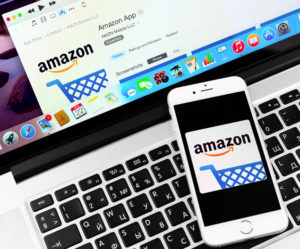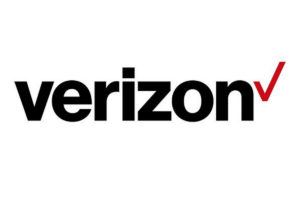Working with large business-to-business clients is a demanding process and making the transition to serving large accounts can be difficult. However, businesses of every shape and size are beginning to work together—whether it’s to improve market reach or PR relations. Access to lending and a global talent market mean that your business may land a contract with a big company. If this happens to you, here’s what you need to know.
Big B2B will change your business. A bigger client means a bigger budget. The extra revenue may help to fund resources you need to go after other businesses (both large and small), so think of large B2B contracts as investments in the future of your company. Additionally, larger companies will often have people in place to make your job simpler. Prominent clients can dramatically raise your profile and working with well-known businesses can boost staff morale and aid in employee fulfillment. A big B2B contract will allow you to “plug in” to larger networks.
Your small size is an advantage. Though your company will benefit from big B2B relationships, the larger company will also benefit. They’ll get faster responses, fewer bureaucratic hurdles, and personal relationships to make the process more enjoyable. Additionally, your team will likely be able to provide the outside perspective creative services many big companies seek.
Understand the risks. Working with large clients is both fulfilling and challenging. When taking on a massive client, it is essential to recognize how the contract can negatively impact your business. See below for our complete list of risks.
- If you lose a major client, it will take a long time to replace the revenue source. Additionally, losing big clients will often happen without warning, leaving you and your team scrambling to make up the cash. Be sure to maintain additional clients to safeguard against disaster.
- They will be demanding, and large clients will generally have several checks on process and approval requirements. They’re going to use up a lot of your time. To reiterate: do your best to maintain additional clients for the duration of the contract.
- Price negotiation may be out of the question. To that end, becoming reliant on a big client will leave you without bargaining power when renegotiating fees and retainer arrangements.
- They can cost you money. You will likely need to hire additional staff and subcontractors. Additionally, meeting the expectations of a large, demanding client will increase workplace pressure levels.
While entering a contract with a large-scale company will, in most cases, dramatically change your business for the better, it is essential to consider every side and outcome of the relationship.









